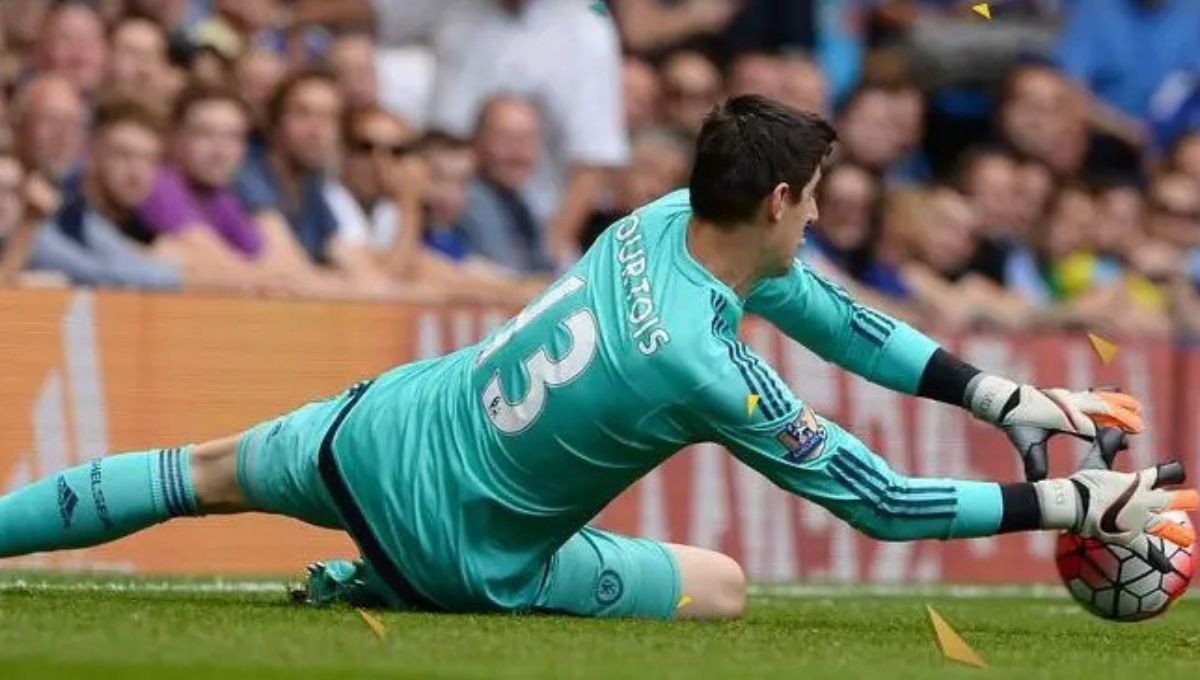Goalkeepers typically peak later than outfield players. The prime years for goalkeepers often extend into their late 20s and early 30s.
As far as retirement is concerned, the age at which goalkeepers retire can vary widely and depends on several factors, including individual circumstances, physical fitness, injury history, and personal preferences.
While outfield players often retire earlier due to the physical demands of their positions, goalkeepers can continue playing at a high level even in their 40s sometimes.
Here’s a breakdown of what age do goalkeepers peak:
- Late 20s to Early 30s:
- Many goalkeepers experience their peak performance in their late 20s to early 30s. During this period, they have accumulated valuable experience, refined their technical skills, and developed a deep understanding of the game.
- Experience and Decision-Making:
- Goalkeepers rely heavily on experience and decision-making, which tend to improve with years of playing at a high level. The ability to read the game, organize the defense, and make crucial saves often reaches its zenith during this time.
- Physical Attributes:
- While goalkeepers don’t rely as much on speed and agility as outfield players, they do need strong physical attributes, such as quick reflexes and coordination. These attributes can be maintained at a high level well into a goalkeeper’s 30s, but they may start to decline gradually as the player ages.
- Adaptability:
- Successful goalkeepers often exhibit adaptability in their playing style. As they age, they may adjust their approach to compensate for any decline in physical attributes, relying more on experience and positioning.
- Leadership and Communication:
- Goalkeepers often serve as leaders on the field, providing vocal guidance to the defense. With experience, their leadership and communication skills become more refined, contributing to a stable and organized defensive unit.
Breakdown of when goalkeepers usually retire:
- Late 30s to Early 40s:
- Many goalkeepers continue playing at a high level well into their late 30s and sometimes into their early 40s. The position relies heavily on experience, decision-making, and positional play, which can compensate for any gradual decline in physical attributes.
- Individual Factors:
- The decision to retire is highly individual. Some goalkeepers may choose to retire when they feel their physical abilities no longer meet the demands of professional play, while others may continue as long as they maintain their performance standards.
- Injury History:
- Goalkeepers with a history of significant injuries may consider retirement earlier, as the physical toll of the position can affect their ability to perform at the highest level.
- Mental and Emotional Readiness:
- Mental and emotional factors play a significant role in retirement decisions. Some goalkeepers may choose to retire when they feel they no longer have the motivation or passion to compete at the professional level.
- Opportunities Beyond Playing:
- Some goalkeepers transition into coaching, mentoring, or other roles within the football industry after retiring from playing. The decision to retire may be influenced by the availability of such opportunities.
- Club and League Dynamics:
- The level of competition and the expectations of clubs and leagues can also influence a goalkeeper’s decision to retire. Players in highly competitive environments may choose to retire sooner if they feel they can no longer meet the standards required.
